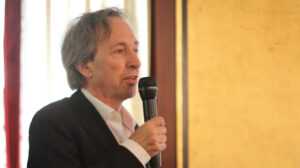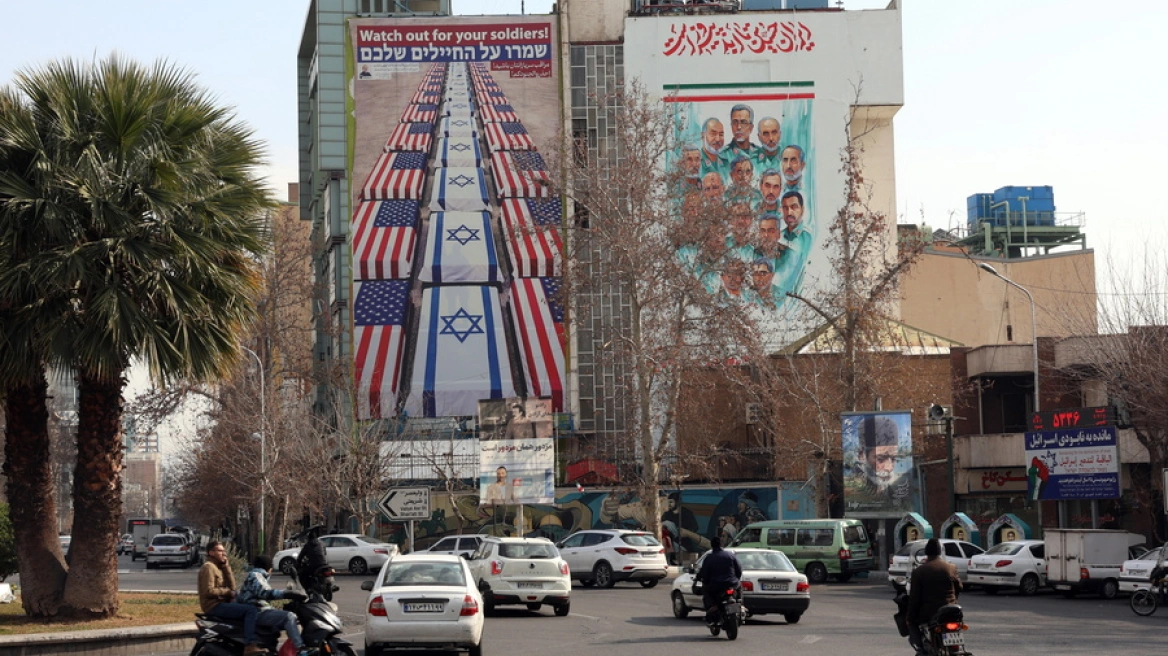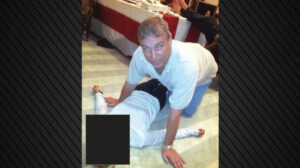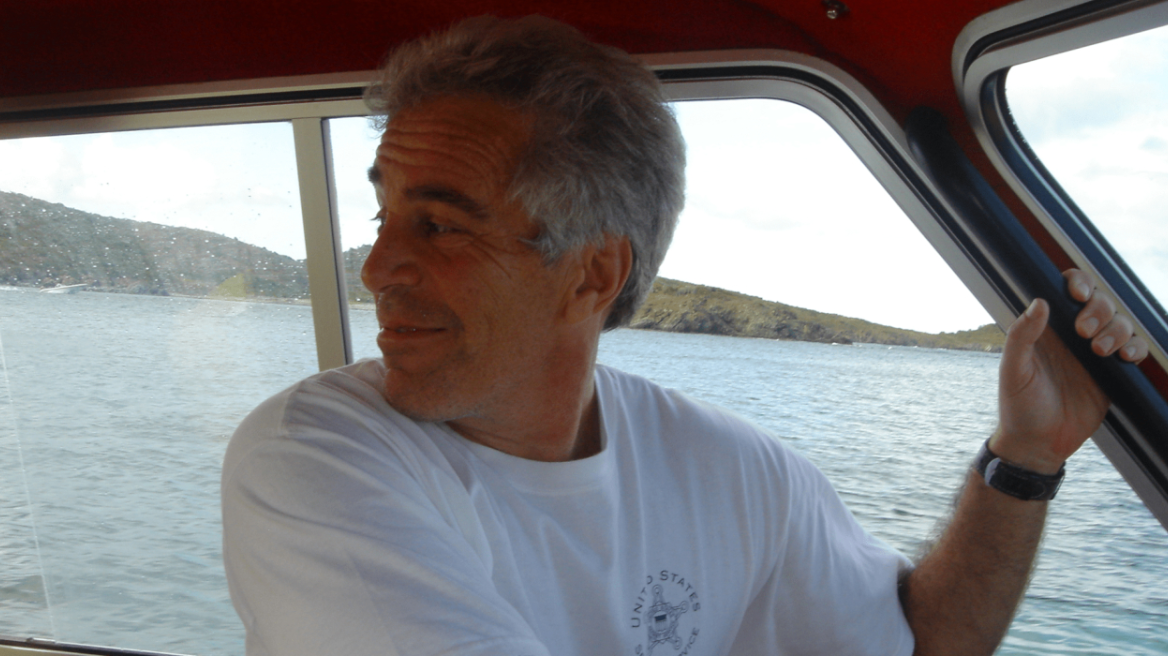The acclaimed and highly acclaimed French philosopher and writer Pascal Bruckner rose to prominence in the 1970s and 1980s with his writing. Today he is seen as a timely and pioneering voice against the “political correctness” of “woke” culture.
We contacted him on the occasion of the opening ceremony of the Olympic Games. The object of his negative criticism was the scene entitled “Festivité”, which begins with the image of a group at a large table, which reminded most people of a reproduction of “The Last Supper”, Leonardo da Vinci’s famous painting depicting Jesus’ last supper with his Apostles. The ceremony featured drag queens, a transgender model, the nearly naked singer Philippe Katerine disguised as Dionysus and a child.
“Overall, I would say that the opening ceremony was successful. It was certainly in line with Macron’s vision of what is defined as Inclusion. That ‘all together.’ The clichés of yesterday, along with Edith Piaf and Zizi Jeanmaire (iconic French singers), had to be followed by today’s clichés about LGBTQ individuals.”
The French philosopher continued: “If the scene with the couple at the Bibliothèque Nationale didn’t bother me, the parade of drag queens on the bridge didn’t convince me. Most of the participants were quite unaesthetic, and seeing Philippe Catherine in his blue nude outfit was painful. If you try to please all categories of people, you risk ending up displeasing all of them. We can mock Christianity by parodying the ‘Last Supper,’ but our dear transgressors would never dare to laugh at Islam and the Prophet because they would risk having their throats cut. This is the limit of this pseudo-transgression, which today is the other name for conformity.”
Regarding what he liked about the ceremony’s program, Pascal Bruckner said: “I liked Aya Nakamura (a French singer) and the Garde Républicaine (the Presidential Guard band), and the finale with Céline Dion was moving. The main success of the ceremony was that it took place without problems, without terrorist attacks, and dazzled millions of viewers, despite the unexpected torrential rain. But in the era some describe as the Anthropocene, people are not even capable of stopping or causing rain.”
In 2020, Bruckner became a member of the Goncourt Academy, which awards the “Oscars” of French literature. One of the dominant political and social themes he refers to is what he calls the ideological embarrassment of the European Left after the fall of the Berlin Wall. “In the battlefield of ideas, progress, freedom, and universality have given way to a new trinity introduced from the USA: gender, identity, and race. The ‘progressives’ fought in the name of the proletariat, the Third World, and the wretched of the earth. The three new kinds of rhetoric—neo-feminist, anti-racist, and anti-colonial—now define the Western white man as the new enemy: his anatomy marks him as a natural predator, the color of his skin makes him a racist, his power makes him an exploiter of all the oppressed,” he says about his book, which has also been published in Greek by Patakis editions, “A Nearly Perfect Guilty.”
Pascal Bruckner was born in the 15th arrondissement of Paris to a Spanish mother and an Austrian father, and subsequently lived in Austria and Switzerland, and finally in France, where he studied and completed his doctoral thesis under the supervision of his intellectual ‘mentor’ and the father of semiotics, Roland Barthes. The subject of his thesis was “sexual emancipation in socialist thought” (at that time the view of Charles Fourier “everyone’s body is accessible to everyone” was popular). Since 1986 he has taught at New York University, at the Institute of Political Studies in Paris (not anymore), and since 1977 he has written dozens of significant and best-selling books. His positions consistently stir the stagnant waters.
Ask me anything
Explore related questions





